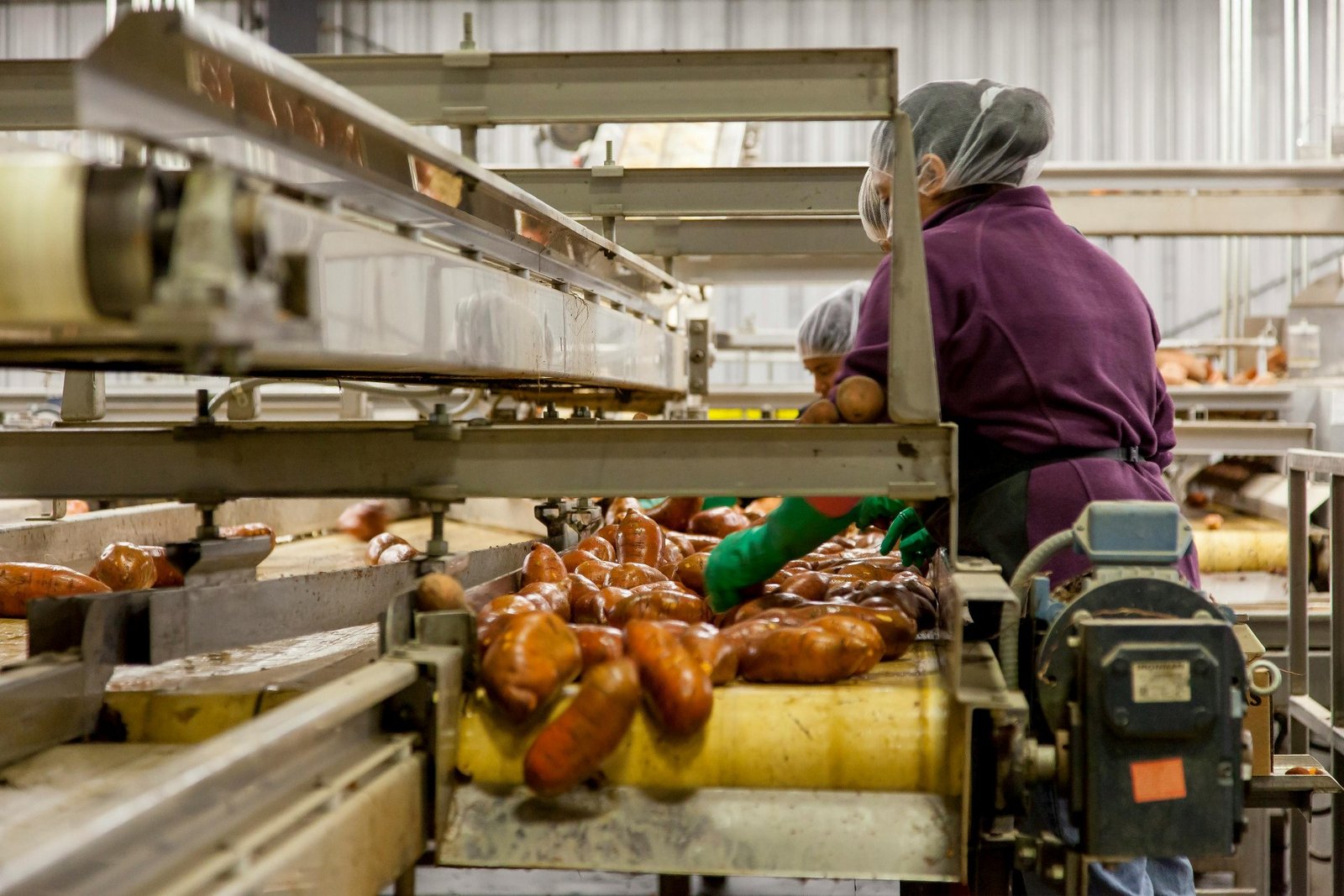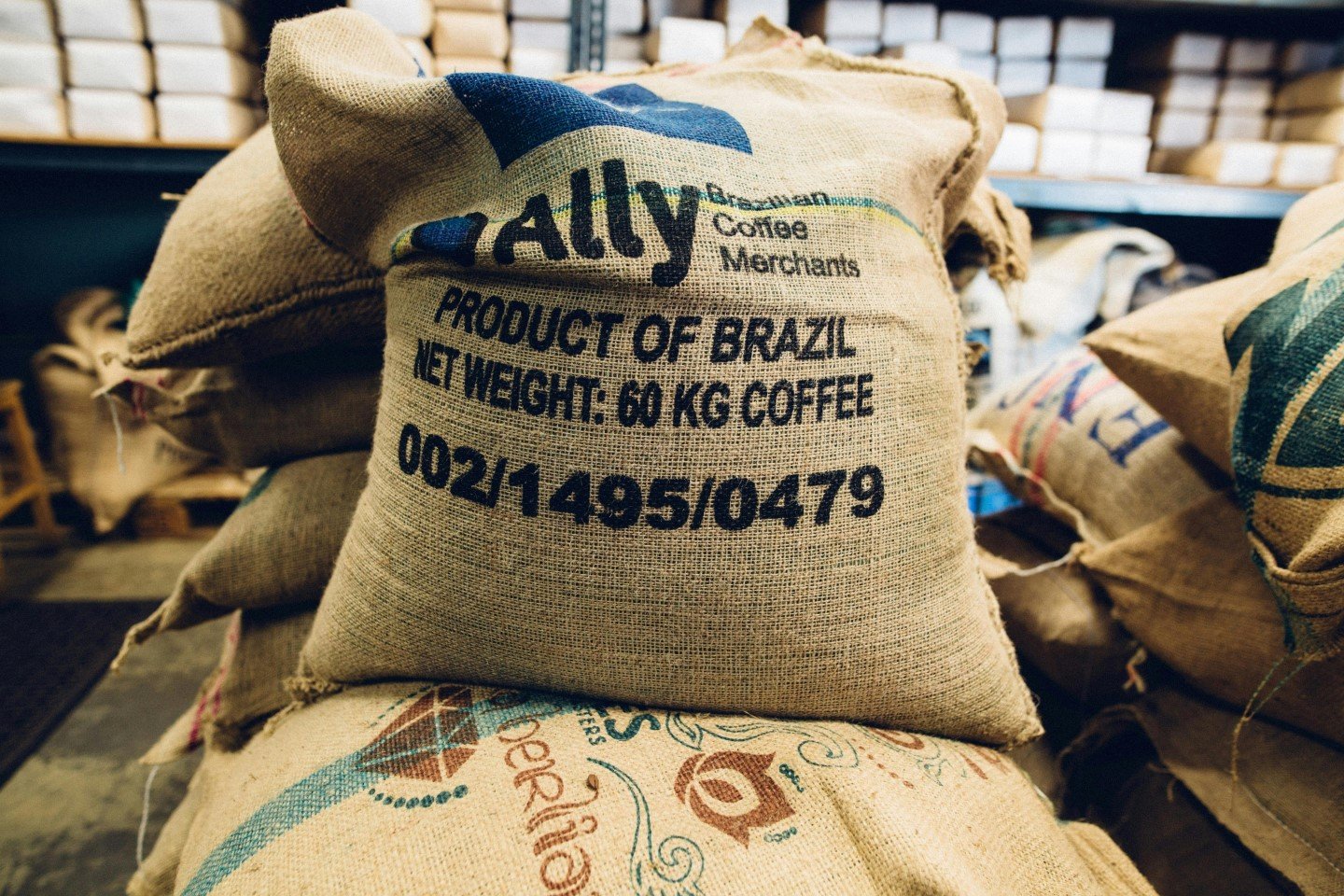What is the Main Difference Between ISO 22000 and FSSC 22000?
Food safety is a critical concern for businesses in the food industry. Two widely recognized certifications, ISO 22000 and FSSC 22000, help organizations ensure food safety management. While they share similarities, they have key differences that businesses should understand before choosing the right certification.

Key Differences Between ISO 22000 and FSSC 22000
1. Definition & Scope
- ISO 22000: An international food safety management system (FSMS) standard developed by ISO.
- FSSC 22000: A certification scheme that builds on ISO 22000 with additional requirements for full compliance with Global Food Safety Initiative (GFSI).
2. Certification Purpose
- ISO 22000: Focuses on food safety management without specific sector-based requirements.
- FSSC 22000: Designed for food manufacturers, packaging companies, and the supply chain, ensuring compliance with global retail and industry requirements.
3. Additional Requirements
- ISO 22000: Covers food safety hazards and management but lacks sector-specific PRPs.
- FSSC 22000: Incorporates ISO 22000 + Pre-Requisite Programs (PRPs) + FSSC Additional Requirements to meet industry-specific needs.
4. Global Recognition
- ISO 22000: Recognized globally but not fully accepted by the GFSI.
- FSSC 22000: GFSI-recognized, making it widely accepted by retailers and food industry stakeholders.
5. GFSI Benchmarking
- ISO 22000: Not benchmarked by GFSI, limiting its recognition by global food retailers.
- FSSC 22000: Fully benchmarked by GFSI, giving businesses a competitive advantage in the food market.
6. Applicability
- ISO 22000: Suitable for any organization in the food chain, including manufacturers, logistics, and food service providers.
- FSSC 22000: Primarily targets food manufacturers, packaging, feed production, storage & distribution sectors.
7. Audit & Compliance
- ISO 22000: Follows a general Plan-Do-Check-Act (PDCA) approach for food safety management.
- FSSC 22000: Requires strict compliance with sector-specific audits, PRPs, and additional regulatory requirements.
8. Market Preference
- ISO 22000: Often preferred by organizations that need a structured FSMS without GFSI compliance.
- FSSC 22000: Preferred by companies looking to meet global food industry demands and retailer requirements.

Conclusion
Both ISO 22000 and FSSC 22000 are essential food safety certifications, but the choice depends on industry needs. ISO 22000 is ideal for organizations focusing on general food safety management, while FSSC 22000 is best for businesses needing GFSI recognition and industry-specific compliance. Choosing the right certification can enhance food safety, regulatory acceptance, and market access for food businesses worldwide.
For expert guidance on ISO 22000 and FSSC 22000 certification, contact us today!


